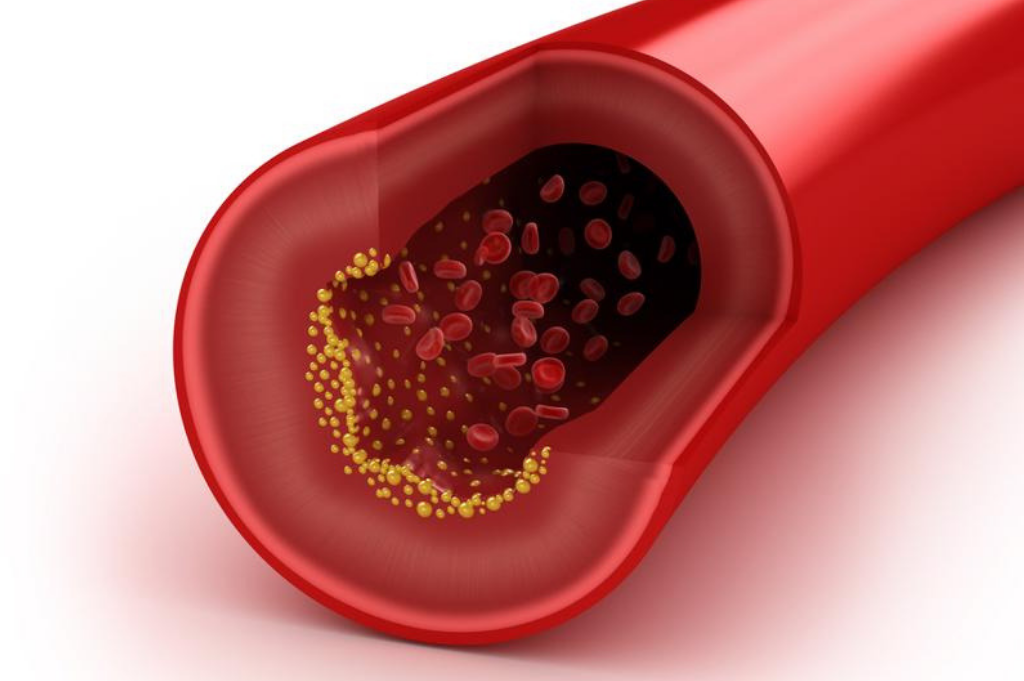Heart health and exercise go hand-in-hand. Not only does staying active enhance your heart’s pumping power, but also it’s necessary to have a healthy heart to safely engage in intense aerobic training. A study published in the Journal of Applied Physiology revealed that cardio workouts are not the cure-all for heart-related conditions. In fact, focusing solely on extreme physical training may even damage the heart.
Researchers evaluated the heart health among three different male profiles: one group of athletes between the ages of 50 and 67, another between the ages of 26 and 40 and a control group of men ages 50 and older. The athletic participants had all competed in distance running or rowing in either the British national or Olympic team. Members of the comparison group were healthy but had never undergone endurance training.
“Focusing solely on intense physical training may damage the heart.”
During the study, participants underwent cardiac magnetic resonance imaging with late gadolinium enhancement to assess the cardiac structure, function and myocardial fibrosism, which occurs when the heart’s tissue stiffens and scars and can lead to cardiovascular conditions, including heart failure. The results confirmed that half of the older-athletes group had fibrosis in their hearts, while neither the young athletes nor the control group showed signs of this condition.
Researchers haven’t made a clear-cut connection between fibrosis and exercise, but it seems worth the effort for athletes to practice other heart-healthy regimens aside from cardio, including massage therapy. The Mayo Clinic lists high blood pressure and stress as risk factors for heart disease. Additionally, the National Sleep Foundation cites sleep deprivation as another element that increases one’s chance for developing a cardiovascular issue. Discover how massage therapy may help:
Massage therapy may reduce the level of stress hormones in the body
The Mayo Clinic explained that cortisol and adrenaline are released during stressful situations. Cortisol’s presence causes an increase in glucose in the blood stream, allowing your body to more readily repair tissues. While this is crucial during a fight-or-flight process, cortisol can be detrimental when there is no real threat. Long-term activation of this main stress hormone can lead to heart disease as well as other non-cardiovascular issues, including digestive problems, depression, and memory and concentration impairment.
Many people seek the help of massage therapy to relax. Beyond the soothing music, the gentle stroking and kneading can change hormone levels in the body and promote heightened physical and psychological well-being. A 2008 study published in the journal Psycho-Oncology found that when either massage or aromatherapy was applied to patients undergoing intensive chemotherapy, their cortisol levels significantly dropped. That is, massage therapy has been shown to reduce the main stress hormone in the body, which may benefit your heart health.
Blood pressure requires fluidity in the circulatory system
High blood pressure, otherwise known as hypertension, places a higher stress level on your arteries. This added work creates microscopic tears along the artery walls that may then transform into scar tissue, according to the American Heart Association. As a result, particles of fat and cholesterol may get caught on this scar tissue, which can prevent your heart from receiving adequate oxygen and nutrients.
A study published in the International Journal of Preventative Medicine revealed that massage therapy may be a safe and effective way to reduce hypertension. Researchers divided 50 pre-hypertensive women into two groups. The test group received a Swedish massage for 10-15 minutes up to three times per week, totaling 10 sessions. The control group received no massage but relaxed in the same environment for an equal amount of time. For both groups, blood pressure was measured immediately before and after and again 72 hours after the massage.
The results revealed that those participants who received the massage had lower blood pressure than the control group both immediately and 72 hours after the treatment. During a massage, your muscles and arteries are manipulated, promoting an increased flow of blood and oxygen. Though the study evaluated Swedish massage, other forms of this therapy may help as well. The study even suggested that beyond receiving treatment from a licensed massage therapist, you may see the same results using a personal massagerat home.
Eliminate sleep deprivation and interruptions for a healthier heart
The National Sleep Foundation explained that there is a link between sleep deprivation and heart disease. Waking during the night or not getting enough sleep can disrupt biological processes, such as metabolism, and cause fluctuating blood pressure. In essence, sleep issues deprive your body of crucial recharging time. Specifically, adults need seven to nine hours of sleep, according to the National Institutes of Health. Massage therapy may reduce stress levels and muscle soreness, both of which can diminish your quality of sleep.
Your heart takes care of you, so return the favor with massage therapy.

